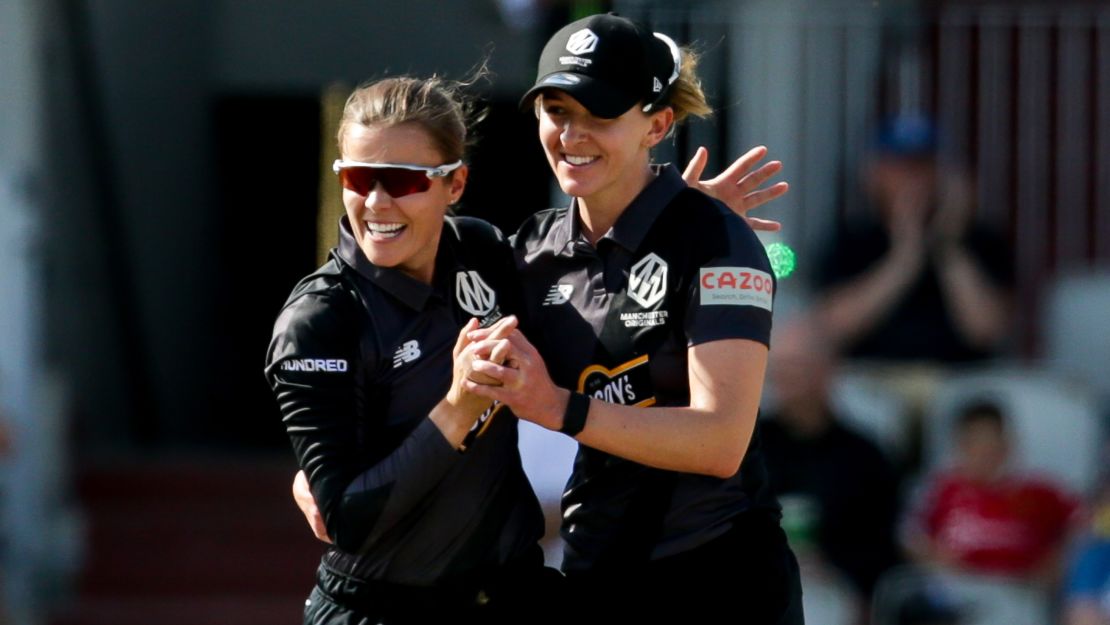The laws of cricket have been amended to use the gender-neutral term “batter,” rather than “batsman,” the Marylebone Cricket Club (MCC) announced on Wednesday.
The MCC, the guardian of the Laws of the game, said the change would “reinforce cricket’s status as an inclusive game for all” in a statement on its website.
When the laws were redrafted in 2017, it was agreed that “batsman” would remain part of the game’s terminology, but the MCC has now said that “batter” is a natural progression for cricket and aligns with the use of terms like “bowlers” and “fielders” that sit within the current laws.
“MCC believes in cricket being a game for all and this move recognizes the changing landscape of the game in modern times,” said Jamie Cox, assistant secretary at the MCC, adding that “the terminology has already been adopted by many of those involved in the sport.”
READ: New Zealand pulls out of cricket tour of Pakistan citing security alert
While the change has been met with some criticism – one columnist writing in the Telegraph called it “ultra-woke grandstanding” and “a betrayal of cricket’s traditions” – there has also been support from players.
“Some of the comments on this post make me angry,” Lancashire player Alex Hartley, who was part of the victorious England team at the 2017 World Cup, wrote on Twitter in response to the MCC’s announcement of the changes.
“If you hate it, grow up. Cricket is a sport for everyone and this is a small but big move.”
Kate Cross, Hartley’s Lancashire teammate, said: “If you have always felt included because the language surrounding you fits then this might seem insignificant.
“But if you haven’t had that luxury then steps like this are crucial to making everyone feel welcome. Cricket is for everyone.”

Visit CNN.com/sport for more news, videos and features
Terms such as “third man,” “nightwatchman” and “12th man” are still part of the cricketing vernacular, but are not included in the game’s laws, according to the MCC.
And Hartley said she uses the terms “third,” “short third” and “deep third” when referring to the fielding position traditionally known as “third man.”
Earlier this year, the International Cricket Council (ICC) announced that it would be expanding participation in the Women’s Cricket World Cup and T20 World Cup. The former will feature 10 teams and 48 matches by 2029 and the latter 12 teams and 33 matches by 2026.
Last year’s T20 World Cup final between Australia and India in Melbourne was witnessed by 86,174 fans, setting a new attendance record for a women’s cricket event.

